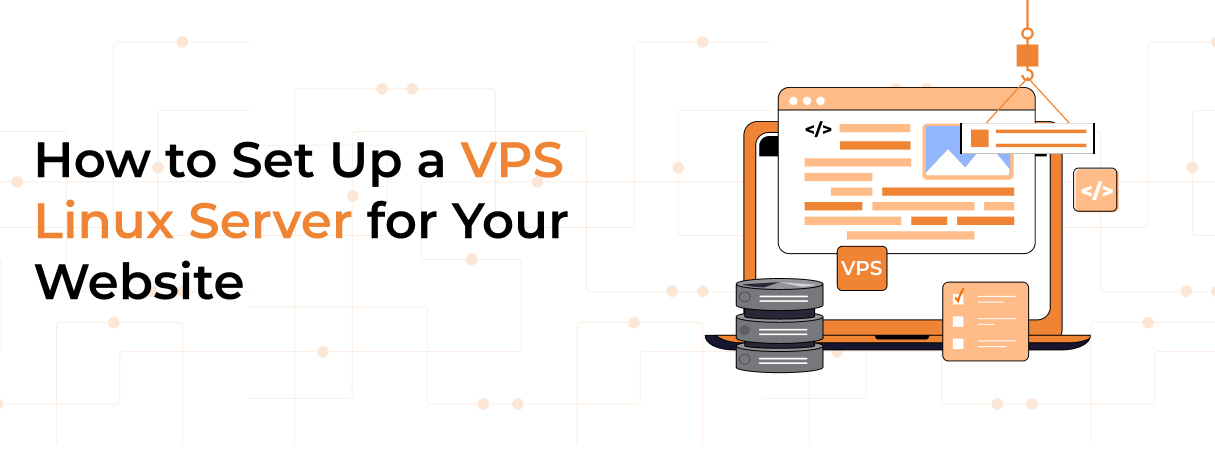In today’s cyber world, it can be said that there is no importance of hosting security. With the growing cyber threat, cyber attacks are increasing in their intensity level. For these organizations, an utmost need to understand the real cyber attack stories has to be created because it would help them know what all they have to do or what all changes are needed within their hosting environments so as to make them secure enough.
Table of Contents
Understanding Cyber Attacks in Hosting Security
That primary motivation is found behind a cyber attack wherein someone has attacked a victim’s data and/or computer systems for breaching such computer and/or data information held in reasonable reliance on the integrity, confidence, or availability. For hosting providers, deep-pocket financial consequences, resultant devastating effects are brought due to this threat which comprise data breaches, and loss of customer trust. Amongst many cases one is the case Equifax breach which occurred in the year 2017 where roughly about 147 million people sensitive data could be compromised because of several vulnerabilities found in holding protocols of their security. This case demonstrates that there is a need to implement a rigorous hosting security measure that would protect sensitive information from being breached.
Lessons from Real Cyber Attack Stories
- Update your software
Most cyber attacks rely on security holes in out-of-date software. For instance, the SolarWinds hack in 2020, where hackers stole classified U.S. government data. The case of this event shows the need to apply updates and patches from time to time in maintaining healthy hosting security. In particular, hosting service providers are supposed to set an accurate update schedule of the various software applications for protection.
- Ensure Effective Controls Over Access
This data breach was a case in which, in 2019, over 100 million customers’ information was misconfigured on Capital One web application firewalls. Thus, the bottom line here is that host security has strong access controls. If organizations are going to enforce the principle of least privilege, users are restricted from accessing the data that may not be related to their role, which means lesser possibilities of unwanted access to any confidential data, leading to fewer possibilities of leaks.
- Security Audits
Regular security audits must be conducted to identify vulnerabilities in your hosting environment. For example, the 2013 Target data breach occurred when hackers gained access to the company’s systems through a third-party vendor. It is an example of the need to not only secure your own systems but also ensure that third-party services adhere to strict hosting security standards. Regular audits help identify weaknesses and enforce compliance with security policies.
- Buy an Intrusion Detection System
A good and efficient security hosting measure is the acquisition of an intrusion detection system. For instance, the 2014 eBay breach showed how it was possible to exploit for months before detecting the hack. Buying an intrusion detection system means monitoring as well as scanning traffic so that the detection of probable threats can take place so that organizations have time enough to respond.
- Educate Workers in Security Practices
Human error is a leading cause of data breaches.. One of the most recent and well-known examples is the 2017 WannaCry ransomware attack, where many organizations fell victims because of a lack of employee awareness about phishing attempts. Regular training sessions on security best practices can be implemented to improve hosting security. Educating employees about how to recognize phishing emails and the importance of strong passwords can create a more secure environment.
Conclusion
Real cyber attack stories will inform you of what’s commonly missing in hosting environments that are vulnerable. Thus, by learning from incidents of this nature, the companies can strengthen the security holding. Prior software update policies, strict control on who accesses the facility, auditing security regularly, installing and maintaining intrusion detection systems, and educating personnel.
There is little else one can do, but keep himself updated as well as be proactive against such evolving threats. If a proper comprehensive approach at hosting security is adopted for an organization, it safeguards the entity against the multitude of evolving cyber threats facing the modern organization and therefore guarantees safety for its cyberspace. The aftermath of incidents learned during past mistakes is a wake-up call to everyone to realize why security postures are simply a necessity today.
In a nutshell, one will find that the information in these real cyber attack stories will help one host better with security. Using this information and the fact that one is taking precautions along with a security-minded culture can help hosting providers and their clients move safely within the digital landscape.




















